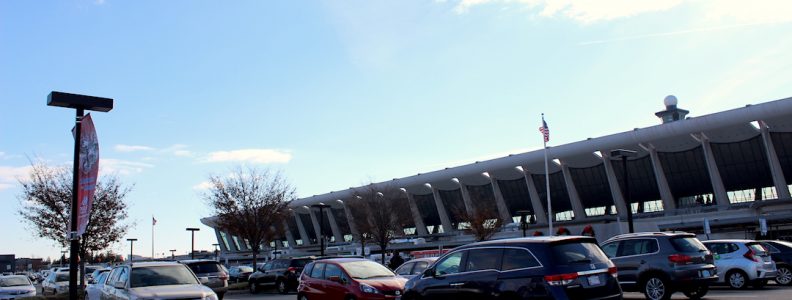
Am I Covered by Workers Compensation If I Have Not “Clocked In” to Work Yet?
The easy answer is “no.” You are not covered by workers’ compensation insurance if you have not yet reported for work.
However, Virginia workers’ compensation lawyer Doug Landau says that there are exceptions to this rule. For example, under what is known as the “personal comfort doctrine,” the employee may clock out of work and still be covered by the protection of the Workers’ Compensation law.
In a case the Abrams Landau team won, our client—an Alexandria Hospital nurse—had clocked out of the hospital and grabbed her mandatory medical education reading materials when she left. As she was walking to the assigned parking area for employees, she was struck in the crosswalk by an unsafe driver. The hospital’s workers comp insurance company denied her claim. The comp carrier stated that because she had “clocked out,” she wasn’t on company time. The defense was that she wasn’t “in the course and scope of employment.” However, since the assigned parking was a required part of her employment (as the nearest parking lot was for patients), and she was still within a reasonable time and space from her workplace, she was covered for all of her injuries and losses, which included two broken legs and significant time lost from work.
Another example where an employee could receive workers comp while technically not “on the clock” is when the employee is on a break, goes out for a cigarette on the side of the employer’s building and gets injured. Again, the “personal comfort doctrine” would find that the reasonable time and space put the worker’s injuries and disability under the protection of the compensation law.
However, the “personal comfort doctrine” does not extend to commuting to and from work. The commuting distance is significantly beyond that of the employer’s workplace or construction site. In a case involving a Dulles International Airport employee injured while parking in the designated parking area, the Virginia Workers Compensation Commission (VWC) rules for the employer. The VWC held that parking in the general employee parking area did not bring this security officer’s claim under the protection of the Workers’ Compensation law. The trial judge noted that until the claimant set foot in the main building, she wasn’t in a place she was reasonably expected to be and therefore was not afforded the protection of the law.
Other similar cases held that airport workers riding on shuttle buses to work from satellite parking lots were also not covered by the Workers’ Compensation law until they actually clocked in at the main terminal. The rationale in those cases was that they were no different than the “commuting to work” cases.
Airport injury lawyer Doug Landau states though that these cases are fact specific. They require experienced workers’ compensation counsel to determine if they fall under the protection of the workers’ comp law and to advocate for the injured worker in court. Without an attorney, many of these cases are denied by the employer and their insurance company because they are easy to defend since the employee is not yet “on the clock.”
If you or someone you know has been injured due to no fault of your own while at work and you have questions as to what laws apply, please give us a call (703-796-9555) or email us at Abrams Landau, Ltd.
